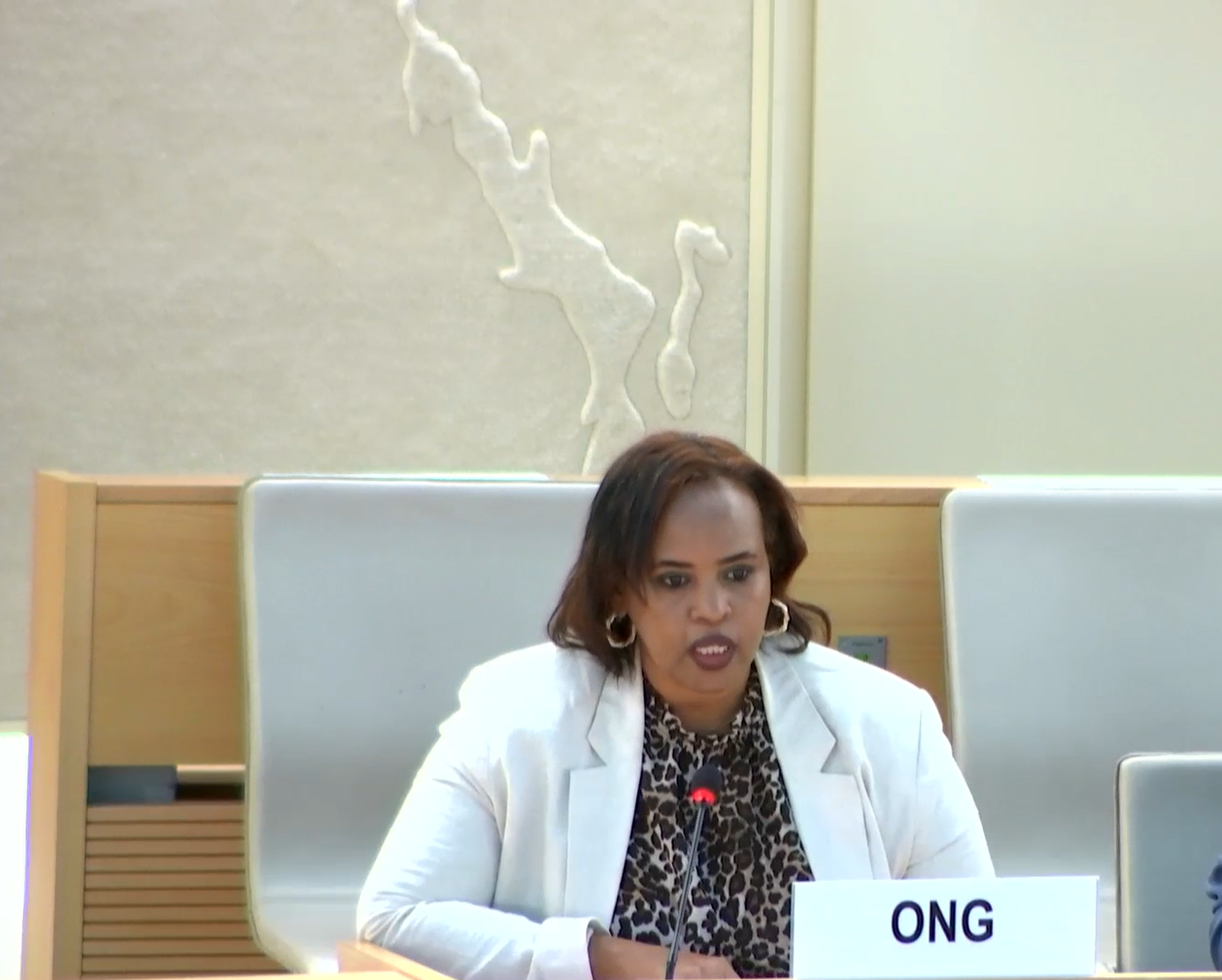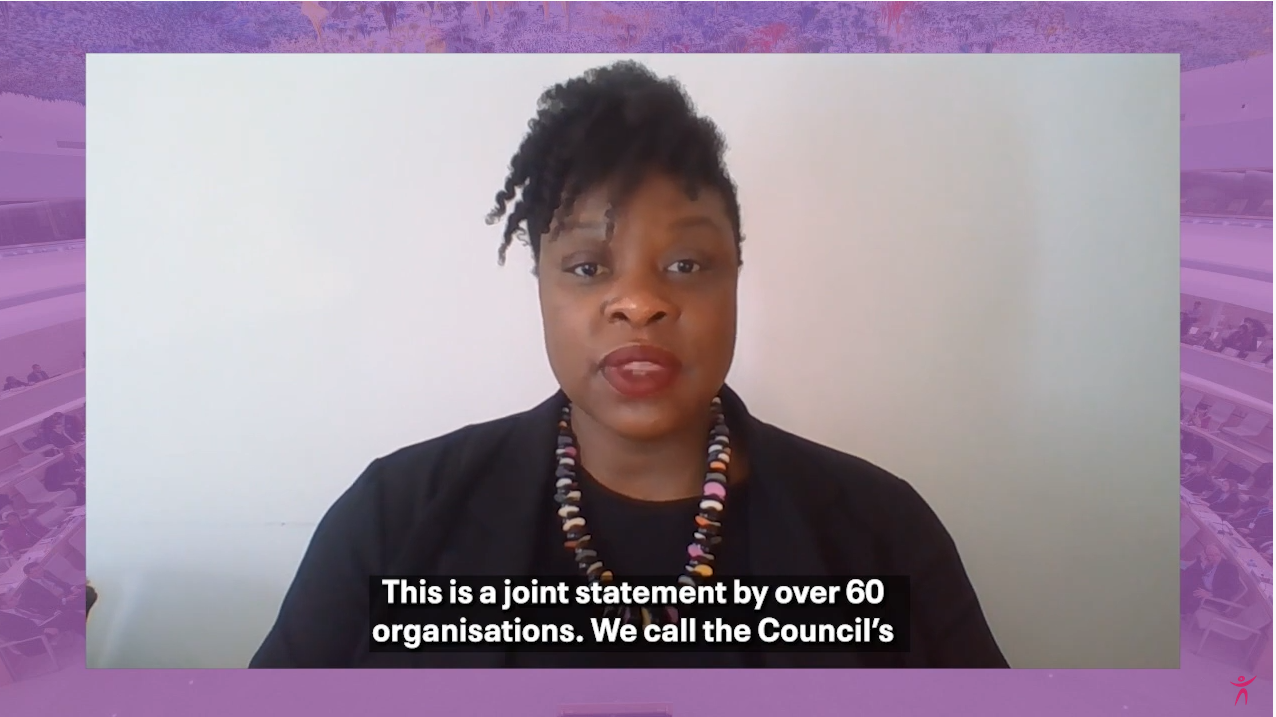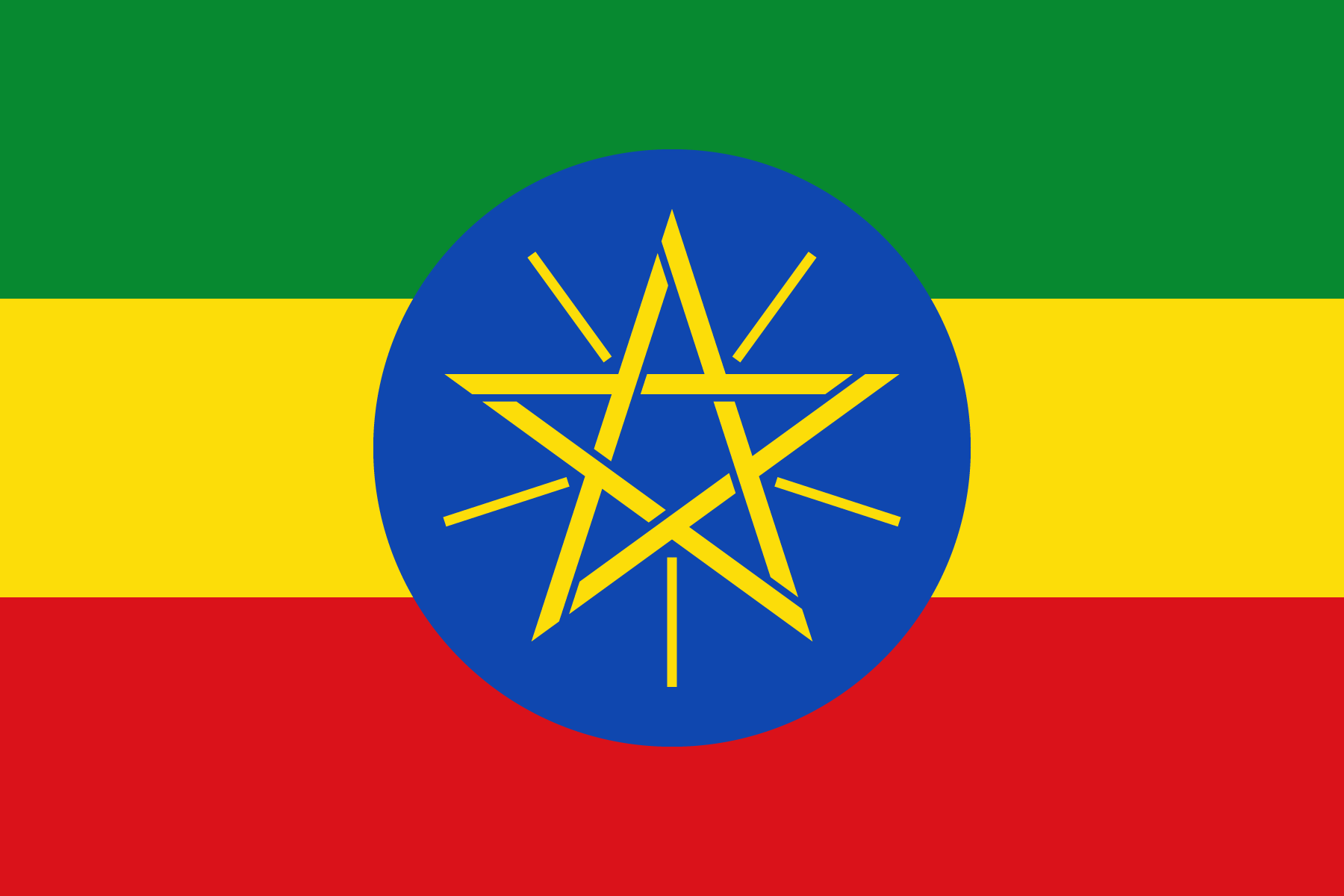At the 49th HRC session, ISHR, jointly with the European Network against Racism and over 60 organisations* called the Council’s attention to the human rights situation of Africans and other racialized groups following reports of discrimination and violence at EU borders.
As expressed jointly by Special Procedures including the UN Working Group of Experts on People of African Descent and other Special Rapporteurs with a mandate on racial discrimination and the human rights of migrants, we are deeply concerned that Black people and other racialised groups are subjected to discriminatory treatment as they flee Ukraine and face subsequent discriminatory treatment within the EU. Bombs, cluster munitions and heavy artillery do not discriminate on the grounds of race or nationality. All human beings crossing European borders from Ukraine are fleeing the same dangers to their personal life and bodily integrity requiring them to seek refuge in another land than the one in which they reside.
Over the last weeks, there have been credible reports of officials preventing African students and their dependents from crossing the Ukrainian border and reported restrictions including of visas. These have been widely reported in the media.
The prohibition against racial discrimination is a fundamental right of international law with applicability across situations of conflict and peace. Given the armed conflict taking place in Ukraine, the rights to life, liberty, dignity, and safety of all people must be recognized under the International Convention on the Elimination of All Forms of Racial Discrimination (ICERD).]Just in February, UN High Commissioner for Refugees Filippo Grandi issued a statement concerning the increasing number of incidents of violence, ill treatment and serious human rights violations against refugees and migrants at various European borders, several of which have resulted in tragic loss of life.
It is essential that equal treatment by agents of the State, especially border officials, is upheld. It is concerning, however, that the EU guidelines on external border management is a non-binding document, which does not provide necessary assurances for equal treatment.
We urge European States to uphold their obligations to respect fundamental human rights and the right to asylum and to ensure equal treatment and protection for all those displaced as a result of the crisis in Ukraine, regardless of immigration status, by eliminating racial profiling and mistreatment by state agents.
It’s time that the total disregard for Black lives stops. We can no longer allow for people of African descent and other racialised groups to be dehumanised at the European borders.
During the General Debate on Item 8, speaking on behalf of the African Group, Cote d’Ivoire recalled the duty of the international community to ensure protection of migrants, refugees in conflict zones, without any distinction in accordance with the Vienna Declaration and Program of Action and with the relevant international instruments and international solidarity. Armenia expressed deep concern about violations of human rights during armed conflict, in particular access to humanitarian help, and the inherent dignity, equal and inalienable right of all members of the human family. France, Sweden and the United States also urged the protection of human rights during armed conflict, and adherence to international human rights instruments.
Signatories: European Network against Racism (ENAR), International Service for Human Rights (ISHR), A Qui Le Tour ?, Sillage Association, Transitional Justice Institute-Ulster University, Legal Resource Center, CRAN (Carrefour de réflexion et d’action contre le racisme anti-Noir – Observatoire du racisme anti-Noir en Suisse), PICUM , Ilex Acción Jurídica, Society Moko, Les Foulards Violets, Permanence juridique pour les mineurs non-accompagné.e.s et les requérant.e.s d’asile non accompagné.s, African Canadian Association (ACAO), HERA Mission, Research Group DHEPP / Goiás State University (UEG, Brazil), CIVICUS: World Alliance for Citizen Participation, Equipo de Implementación Decenio Afrodescendiente – España, Cairo Institute for Human Rights Studies, Uhuru Valencia – Spain, València ès Refugi – Spain, L’Eliana Vol.- Spain, Federación Union Africana- Spain, Afrodiccionario- Spain/USA, Red de Jóvenes Afropanameños- Panamá, Hijas de Alkebulan- Panamá, Asociación Iglesia de Cristo Estrella Creciente- Panamá, Voces de Mujeres Afrodescendientes en Panamá- Panamá, Fundación Wake Up- Panamá, Centro Familiar Afro-Santeño- Panamá, Changuinola Afrocaribbean (CHAFROC)- Panamá, New urban Collective, IDPAD Coalition UK, UK Chapter of Global Afrikan Congress, European Network of Women of African Decent (ENWAD), Fair Trials, Centre for Peace Studies, Estonian Human Rights Centre, Ivorian Community of Greece, Àltera – Italy, Irish Network Against Racism (INAR), European Network on Statelessness, Lëtz Rise Up, Collectif Faites des Vagues, Leitner Center on International Lae and Justice of Fordham Law School, QUEER SMTH, FEMYSO, ENORB, Apna Haq, EFOMW, Haringey Welcome, Kazumba, Inequalities Research Network, Agora Dernegi, Zavod Krog, CIG, Czech Helsinki Committee, CIIB, Stichting Ocan, Migrant Tales Blog, Migrant Women Association Malta, SOS Racisme Danmark, Waterford Integration Services, The Center for Migration, Gender, and Justice (CMGJ), Sdružení pro integraci a migraci (SIMI), Generation 2.0 RED, café révolution, CABBAK (Collectif Afroféministe Biel/Bienne Afrofeministisches Kollektiv).




